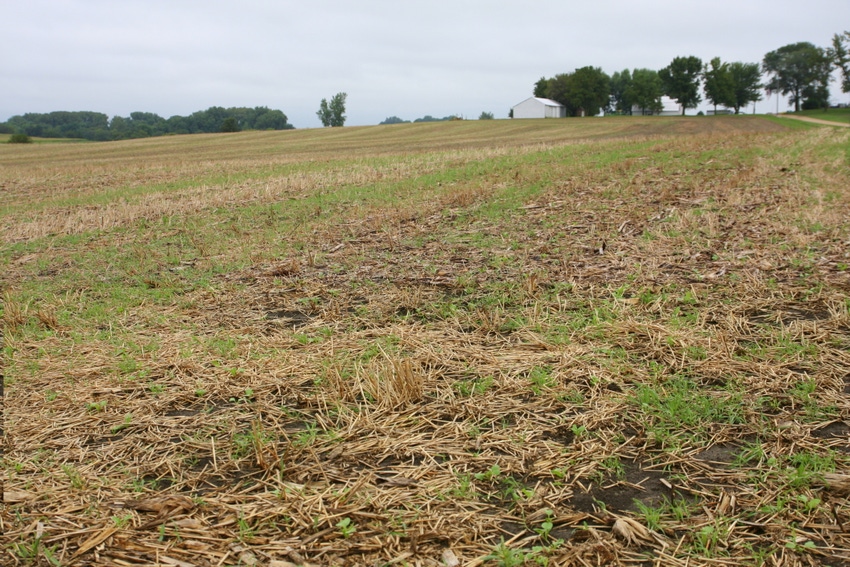September 24, 2018

A study conducted by Datu Research, LLC., finds that 89% of agricultural retailers have offered cover crop products and services in the past two years, and 94% say they want to expand these offerings in the future.
Farmers plant cover crops to keep the soil anchored between growing seasons, reaping benefits in soil erosion, fertility, water retention, weed and pest control, and biodiversity. While the practice is growing in popularity, cover crop acreage in the United States remains low.
“Ag retailers and Certified Crop Advisers are a trusted go-to source for farmers,” said Dr. Angel Cruz, lead author of the study. “We wanted to understand their role in promoting cover crops and see what it would take to expand that role.”
The survey, developed in cooperation with the Agricultural Retailers Association(ARA), was distributed to ARA members and Certified Crop Advisers in the Midwest. Many respondents reported offering their customers cover crop advisory services (83%), selling cover crop seed (56%) and cover crop termination services (44%).
Still, these products and services account for less than 5% of total revenue, the study found. Many respondents described mutually reinforcing challenges:
a lack of customer demand,
insufficient evidence of cover crop benefits in their region, and
“uncertain or negative profitability.”
Despite the low revenue they generate, cover crop services were cited by 60% of respondents as a way “to diversify your product and service offerings.” Respondents also cited “to stay ahead of the competition” (40%), and “to grow your customer base” (39%) as justification for incorporating cover crop products into their business model.
“We apparently have a long way to go,” said Cruz. “These results will be useful in developing a business case for ag retailers to integrate cover crops.”
The study recommends engaging state agribusiness associations, along with increased collaboration between agricultural retailers and agricultural conservation professionals such as local soil and water conservation districts and USDA’s Natural Resources Conservation Service.
Even more important, to increase customer demand will likely require providing farmers more solid answers on the economics of cover crops and how to manage them for local conditions.
"Ag retailers have always worked to assist their farmer customers in conservation practice implementation," said ARA President and CEO Daren Coppock. "The adoption of cover crops will continue at a slower rate until farmers can see the true value in the practice. Our retailer members appreciate the survey results and any subsequent findings to work with their customers in making the best decisions for their operations and the environment."
Source: Datu Research, LLC
You May Also Like




